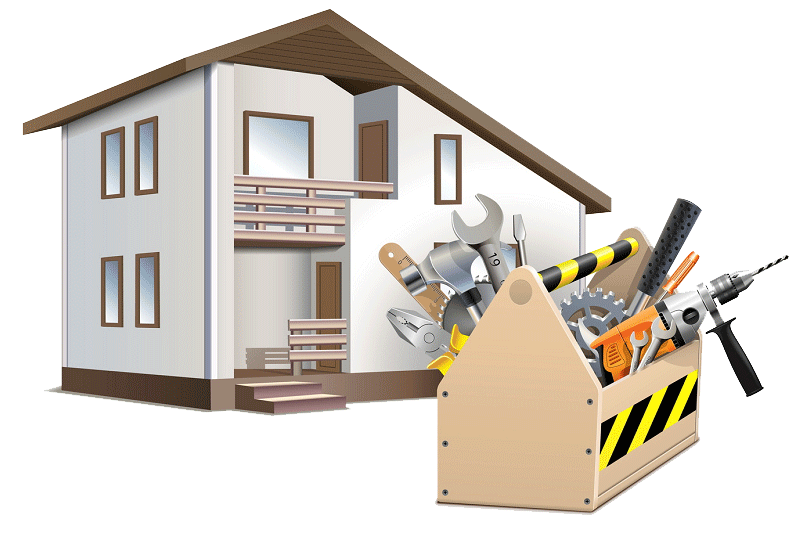
Introduction
Maintaining a residential building is crucial for ensuring the safety, comfort, and longevity of the property. Regular repairs and maintenance can prevent minor issues from escalating into major problems, saving you time and money in the long run. In this guide, we’ll explore the importance of residential building repair, common issues to look out for, and tips for effective maintenance.
Why Regular Maintenance is Important
- Safety: Regular maintenance ensures that the building remains safe for its occupants. Addressing issues such as structural damage, electrical faults, and plumbing leaks can prevent accidents and injuries.
- Property Value: Well-maintained properties retain their value better than those that are neglected. Regular repairs and upkeep can enhance the aesthetic appeal and market value of your building.
- Cost Savings: Timely repairs can prevent minor issues from becoming major, costly problems. Regular maintenance can extend the lifespan of building components, reducing the need for expensive replacements.
- Comfort: A well-maintained building provides a comfortable living environment for its occupants. Addressing issues such as heating, cooling, and ventilation ensures that the indoor climate remains pleasant year-round.
Common Residential Building Issues
- Structural Damage: Cracks in walls, ceilings, and foundations can indicate structural issues. It’s important to address these problems promptly to prevent further damage and ensure the building’s stability.
- Plumbing Leaks: Leaky pipes and faucets can lead to water damage, mold growth, and increased utility bills. Regularly inspect plumbing fixtures and address any leaks immediately.
- Electrical Problems: Faulty wiring, flickering lights, and tripped circuit breakers can pose serious safety hazards. Ensure that your electrical system is regularly inspected and maintained by a qualified electrician.
- Roof Damage: Missing or damaged shingles, leaks, and sagging roofs can lead to water damage and structural issues. Regular roof inspections and repairs can prevent these problems.
- HVAC System Issues: Heating, ventilation, and air conditioning (HVAC) systems require regular maintenance to function efficiently. Clean or replace filters, inspect ductwork, and schedule professional servicing to keep your HVAC system in top condition.
Tips for Effective Building Maintenance
- Create a Maintenance Schedule: Develop a regular maintenance schedule to ensure that all building components are inspected and serviced at appropriate intervals. This can help you stay on top of repairs and prevent issues from being overlooked.
- Conduct Regular Inspections: Regularly inspect the building for signs of damage or wear. Pay attention to areas such as the roof, foundation, plumbing, and electrical systems. Early detection of issues can prevent costly repairs.
- Hire Qualified Professionals: For complex repairs and maintenance tasks, hire qualified professionals with the necessary expertise. This ensures that the work is done correctly and safely.
- Keep Records: Maintain detailed records of all repairs and maintenance activities. This can help you track the building’s condition, plan future maintenance, and provide documentation for potential buyers.
- Invest in Quality Materials: When making repairs, invest in high-quality materials that are durable and long-lasting. This can reduce the frequency of repairs and improve the overall quality of the building.
Conclusion
Regular maintenance and timely repairs are essential for preserving the safety, comfort, and value of your residential building. By staying proactive and addressing issues promptly, you can ensure that your property remains in excellent condition for years to come. Remember, a well-maintained building is not only a valuable asset but also a comfortable and safe place to call home.